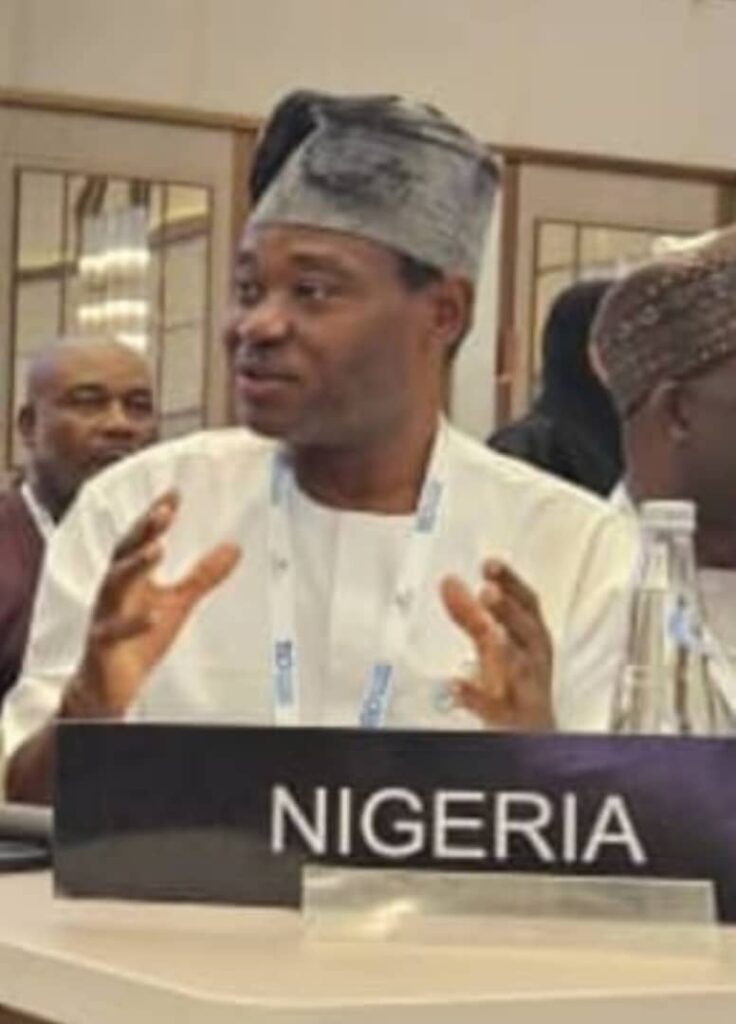At the 150th Inter-Parliamentary Union (IPU) Assembly in Uzbekistan, Senator Jimoh Ibrahim, Nigeria’s representative and an expert in Modern Warfare Studies, delivered a firm message to fellow lawmakers across the globe: “The Ministry of Defense needs support, not suspicion.”
Calling for a paradigm shift in how parliaments approach national defense budgets, Senator Ibrahim urged world legislators to adopt a collaborative and constructive stance rather than a purely investigative or adversarial approach. He warned that the escalating insecurity of the 21st century demands unity, not bureaucracy.
“Insecurity is rising,” Ibrahim said. “The question is no longer whether to fund defense — but how to do so in ways that save lives and stabilize systems. Human life is priceless.”
He posed a rhetorical challenge to governments and security agencies worldwide:
“Security for whom, when, and how?”
Drawing from his doctoral research in Modern Warfare, the Senator argued that defense policies cannot be separated from broader socio-economic issues such as poverty, governance inefficiency, and institutional fear. He noted that in many countries, including Nigeria, there is a recurring swing between fear and courage in governmental responses to insecurity.
“I have seen fear in the heart of government,” he said. “And that fear is leading to unprecedented crises. Yet, amid the struggle, we still hold up our defense institutions. Eventually, one of these emotions — fear or courage — will win.”
Responding to global media queries, Senator Ibrahim doubled down on his appeal, saying that parliamentary bodies must move beyond traditional oversight roles to become partners in safeguarding national and global security.
He cautioned that excessive scrutiny of defense budgets could inadvertently worsen insecurity by weakening morale and disrupting critical operational flows.
“There’s a clear shift,” he added, “between the goals of poverty reduction and governmental efficiency — and that’s exactly where domestic insecurity brews.”
While acknowledging Parliament’s responsibility to check fraud and ensure transparency, Ibrahim stressed the need for system and process-based accountability mechanisms, rather than politically charged inquiries. These, he argued, would better serve the twin goals of efficiency and national security.


